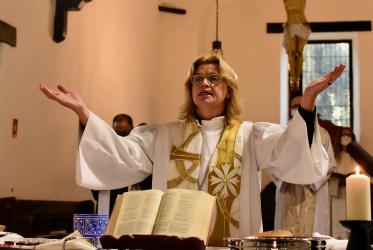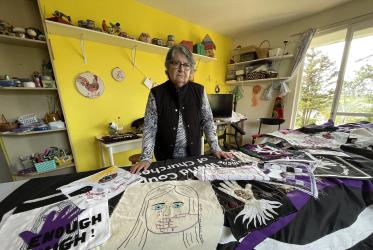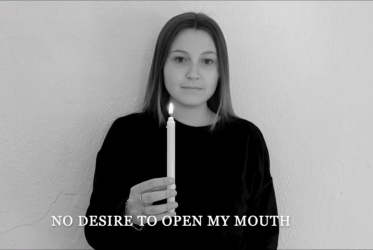Displaying 1 - 20 of 21
Ecumenism in the Philippines means hope and resilience
22 August 2023
In Chile, “Churches’ ministry of reconciliation is key”
29 November 2022
Migrants in Argentina find listening ears and open hearts
04 November 2022
Women in Argentina walk in solidarity with women of Afghanistan
23 September 2021














